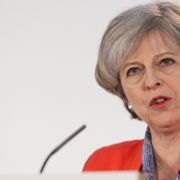3 ways to win a PR award
The PRWeek Awards last week celebrated 33 winners, including 22 awards for amazing campaigns. From the judges’ comments praising the victors, we can see what it takes to win such a prestigious prize.
Vuelio was delighted to partner the PRWeek Awards 2017, which took place on 18 October. Check out our Canvas to see the best content before, during and after the night, from social media and the news.
With hundreds of finalists, each winner had to be exemplary to claim their prize. From the judge’s comments published by PRWeek, we present 3 golden rules to win a PRWeek campaign award:
1. Be brave
Brave is a word used multiple times by the judges across a number of categories, but what does it actually mean? W Enterprise won the Healthcare: Ethical & OTC Consumer award for it’s the Future of Social Care campaign for Cera. Wanting to be the ‘solution’ the the NHS and social care’s major issues of bed blocking and delayed discharges, W Enterprise’s research found every major stakeholder was sceptical change could be made without huge sums of investment. With just a limited budget, W Enterprise managed to battle against this perception using personal pitches to journalists and collaborations with charity and NHS leaders.
Weber Shandwick were described as ‘Brave, clever, disruptive’, for its award-winning Kevin the Carrot Christmas campaign for Aldi. Seen to be taking on the giants of Christmas advertising, John Lewis, the campaign used a similar model to its rival, which had proved successful in the past.
A brave campaign is one that isn’t afraid to take on existing ideas and accepted norms. Winners use what they have in clever ways to challenge perceptions of market-leaders and ‘unchangeable’ circumstances.
2. KISS
Keep It Simple, Stupid! The word simple is used by judges more than any other – PR professionals are story tellers and the simpler you can get your message across, the better. Taylor Herring’s The Real Mr Darcy campaign for UKTV’s Jane Austen season was described as a ‘Simple idea, but brilliantly executed’. It created a portrait of what an academic study considered Mr Darcy would have looked like in real life. This simple idea appealed to most national newspapers, leading to significant coverage.
Weber Shandwick’s #BrutalCut campaign for ActionAid UK ‘cut’ videos of Kenyan girls facing female genital mutilation into videos from vloggers, digital publishers, celebrity posts, cinema ads, fesitval screens and outdoor ads. This digital ‘brutal cut’ smashed ActionAid’s targets, and was described by the judges as ‘Brilliantly creative, yet simple’.
Ogilvy PR’s white rhino campaign for Kenya’s Ol Pejeta Conservancy put Sudan – the only male of his species and most eligible bachelor in the world (with more than 7,000 female southern white rhinos to choose from) on Tinder. While Sudan can’t mate due to old age, the campaign raised huge funds for the Conservancy’s programmes.
Being simple is making it clear what your message is about from the very beginning. While it may not fit your campaign targets, being simple is the best way to tell a story because it’s likely to resonate with the most people.
3. Know your channels
Knowing where a campaign can be most successful – in line with a client’s brief – is vital for it to be triumphant. Vodafone’s winning ReConnect campaign showed, according to the judges, ‘how media relations can have a big impact’. Commissioning research and analysis from KPMG, Vodafone created complete news stories about the benefits of women going back to work after a career break – which led to wide-reaching coverage across multiple publications. It is a basic of good PR, but we sometimes forget that press releases are more likely to be published if its already a news story, rather than a sales pitch.
Unity’s Yours, Mrs Claus blog for ActionAid won the Most Innovative Use of Digital & Social Media award. The blog was designed to highlight women’s stories, as well as the women and girls ActionAid helps around the world. It was penned by ‘Mrs Claus’, and according to the agency ‘accessible to all, but delivered in such a way that only women would really see it’. Celebrities also contributed to the blog, driving up its traction with the target audience. The judges said: ‘A campaign that demonstrated a thorough understanding of the mechanics of the internet and the way different media channels play out across it’.
One Green Bean’s Best Use of Technology award for the relaunch of Nokia Snake on Facebook Messenger praised a retro game reaching a new, younger audience. While nostalgia seemed to play a huge part in its success, the game has now been played over 74 million times.
Working with clients to identify target channels, as well as knowing what will work for your campaign, is a must for modern PR professionals in the face of so many choices. And if you’re struggling, Vuelio can help you reach all of the right influencers, no matter what channel they’re on.
What do you think it takes to make a great PR campaign? Let us know in the comments below.







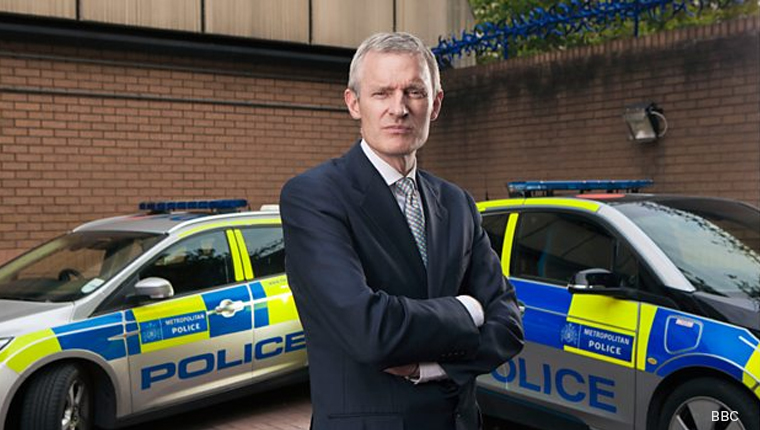
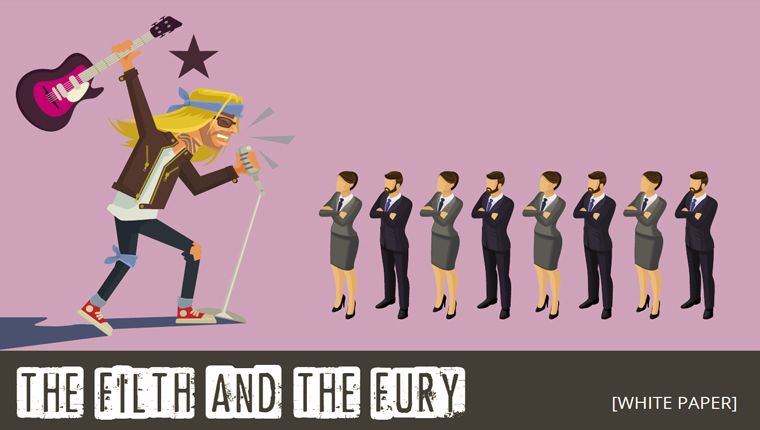
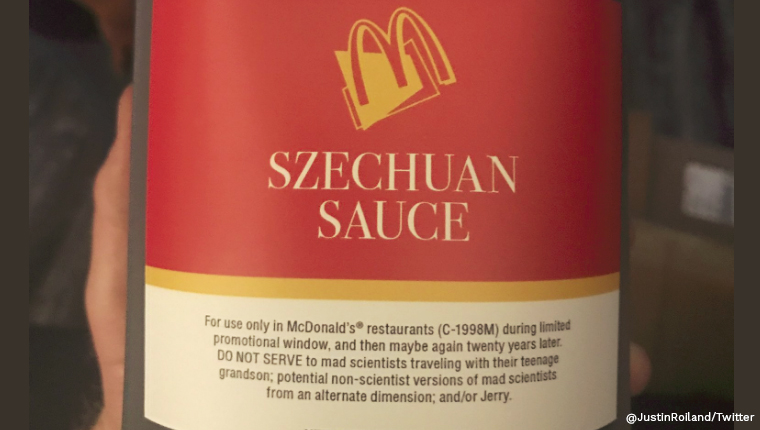

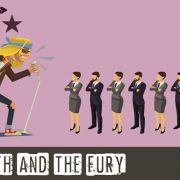







 What advice would you give someone trying to make it big on Instagram?
What advice would you give someone trying to make it big on Instagram?

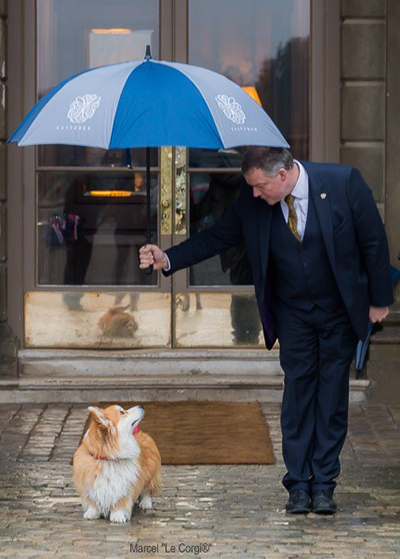 How does Marcel cope with the pressure?
How does Marcel cope with the pressure?
